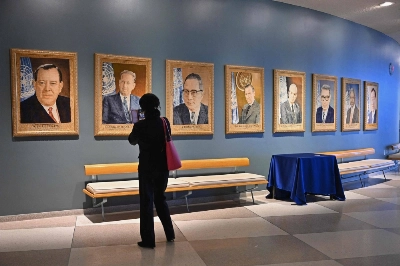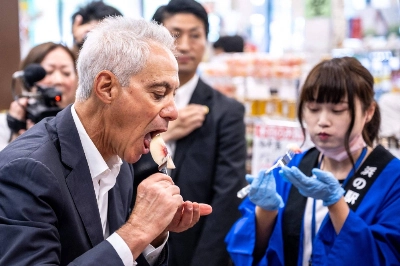U.S. national security adviser Jake Sullivan and Chinese Foreign Minister Wang Yi held two days of secret talks in Malta through Sunday, as the two sides look to keep lines of communication open before an anticipated meeting between U.S. President Joe Biden and Chinese leader Xi Jinping later this year.
The two held “candid, substantive and constructive” discussions, the White House and Chinese Foreign Ministry said in separate statements detailing the meeting, which was not announced beforehand.
The White House strongly hinted at more meetings soon, saying the two sides “committed to maintain this strategic channel of communication and to pursue additional high-level engagement and consultations in key areas” between the two countries “in the coming months.”





















With your current subscription plan you can comment on stories. However, before writing your first comment, please create a display name in the Profile section of your subscriber account page.